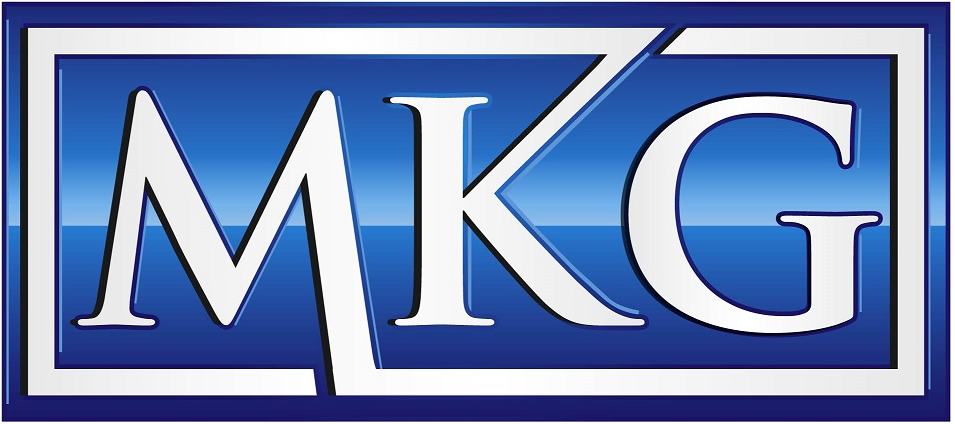Who is subject to income taxation?
In Canada, every person who is considered a resident of Canada must pay income tax on his or her worldwide income. Generally those who have substantial residential ties to Canada are considered Canadian residents. Residential ties include home location, employment, and whether spouse and children live in Canada.
What is considered taxable income?
Most types of income (employment, commission, gratuities, business, capital gains, investments, etc.) are taxable and must be reported in the year in which they were earned. Depending on their source of income, the taxpayer may be entitled to some deductions. Business income earners, for example, can generally deduct all expenses they incurred in order to generate income. Tax payable is further reduced by a series of refundable and non-refundable tax credits. These credits include age, disability, charitable and political donations, universal child care, and public transit credits. The distinction between deductions and credits is that deductions reduce your taxable income while tax credits reduce your tax payable. This means the money a taxpayer saves by deducting a deductible expense depends on their marginal tax rate so if you are a higher earner with a 29% marginal tax rate, your deductions are also applied at the same rate; on the other hand, eligible taxpayers all receive the same amount by applying their tax credits. For example every person who purchased public transit passes will receive a 15% credit regardless of their income and marginal tax rate. The difference between refundable and non-refundable tax credits is that you can only reduce your taxable income to zero by applying a non-refundable tax credit. Any overages will not result in a refund. Whereas you will receive a refund for your refundable tax credits once they have reduced your taxable income to zero. This is an important distinction for lower and middle income earners as most credits can be carried forward and should be applied only if the tax payer benefits from them in the current year. Otherwise they should be carried forward.
Some of the assistance programs provided by the government such as the Universal Child Care are also considered benefits and must be included in the recipient’s income. Others such as social assistance and Canada Child Tax Benefit are non-taxable, although social assistance is included in income but also receives a matching deduction.
What if I don’t agree with how the CRA has assessed my taxes?
Taxpayers can file a Notice of Objection within 12 months from their filing deadline or 90 days from the mailing date of their Notice of Assessment whichever is later. The costs associated with preparing and filing a Notice of Objection are tax deductible.
How long must I keep my records?
Taxpayers are required to keep all document related to their taxes for 6 years following a taxation year.
What if I have not reported all or some of my income or have reported incorrect numbers?
If a taxpayer knowingly provides incorrect information or doesn’t comply with tax laws, he or she pay me charged significant penalties. You can avoid these penalties taxpayers can file a voluntary disclosure. You or your accountant can even discuss the tax consequence with the CRA as hypothetical or anonymous scenarios prior to submitting a voluntary disclosure.
What are the filing deadlines?
Income tax returns must be filed no later than April 30 following each taxation year. In some circumstances such as in case the taxpayer carries out a business, the deadline is extended to June 15 following each taxation year. A 5% penalty and a 1% monthly interest are charged by both the federal and provincial governments if the tax return is filed late. Penalties are increased for those who repeatedly miss the deadline. Those who expect a refund will not be charged interest or penalties.
